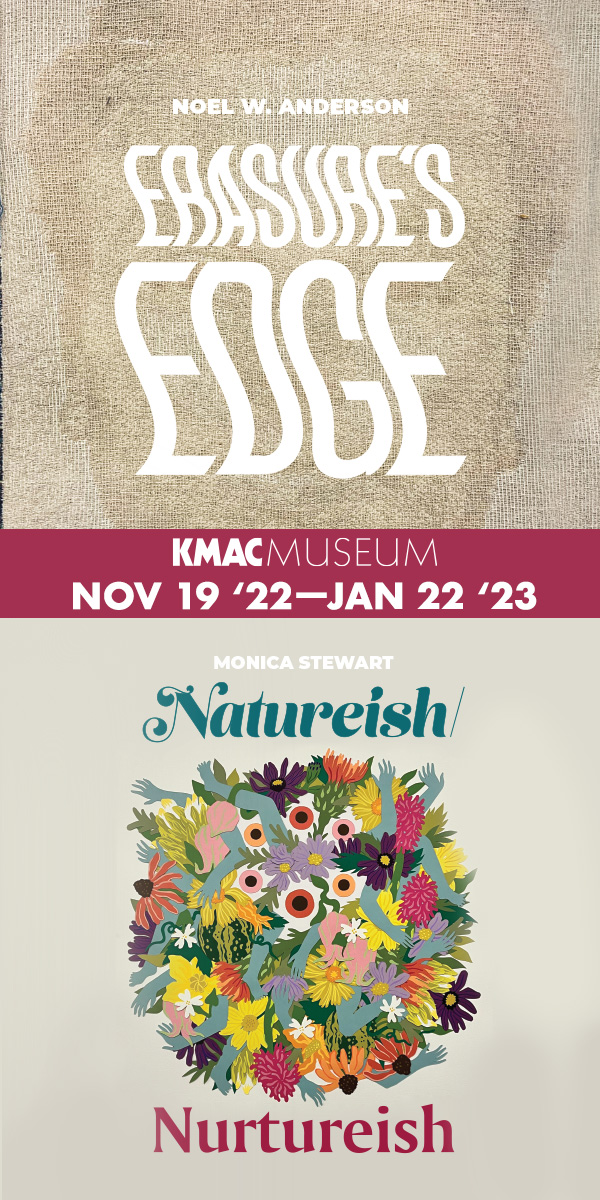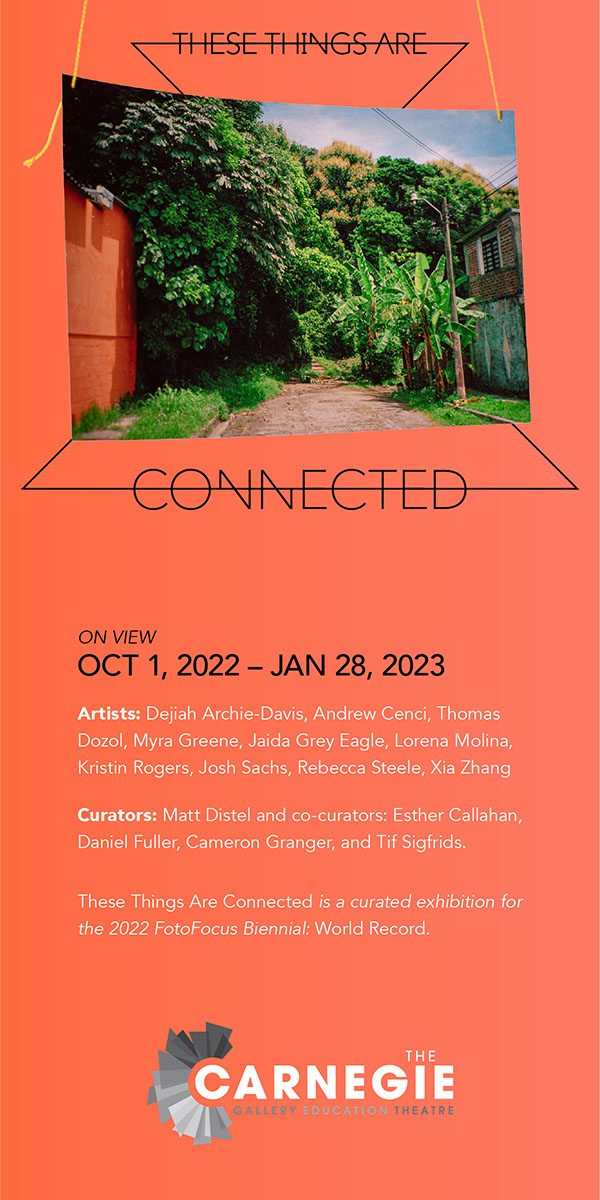Reading Tina Parker’s eerie, shudder-inducing poetry collection Lock Her Up is a bit like walking into a haunted house – not of the kitschy Halloween variety but a real-life chamber of horrors. Based on Parker’s extensive research into the lives of women involuntarily committed to Southwestern State Hospital in the Appalachian Mountains of Virginia from 1887 to 1948, Lock Her Up is a brilliant sequence of poems based on patient records from the hospital. (It began life as Southwestern Lunatic Asylum and operates to this day as Southwestern Virginia Mental Health Institute in Marion, Va., not far from the Kentucky state line.) In the book’s timeframe, it’s a dark place of half-stifled cries, thousand-yard stares, grief so inconsolable that it’s taken for madness, and madness that’s both more and less than the inability to recover from trauma. The halls fairly thrum with the whispering voices of the dead, but these are as much remembered as imagined; if the inmates are mad, they came by it honestly. Fundamentalist Christianity, accusations of witchcraft, and sexual jealousy lurk as complicating factors. And the women’s treatment, such as it is, is so misguided – so mired in misogyny and 19th-century notions of “lunacy,” “hysteria” and their purported connection with female anatomy and the menstrual cycle – as to have more in common with torture than benign neglect.
Part bravura historical excavation, part feminist cri de coeur, part Southern Gothic detective story, Lock Her Up – just out from Lexington’s Accents Publishing – is perhaps most unusual for its dramatic cohesion and narrative momentum. Parker, a native of Bristol, Virginia, and now a resident of Berea, is first and foremost a gifted poet, but of how many other books of poetry can you say that it reads like a suspense thriller? Along with rich poetic language and layers of literary texture, there are at least three serious crimes to be pieced together here, in and between the lines, and culprits to be deduced. And so it is that you devour this engrossing book in a single sitting, turning the pages to find out how it ends. It ends with devastation, for the characters and for you.
Most of the poems are spoken by three central characters who, in a postscript, Parker emphasizes as fictitious “in the end,” although it’s fairly obvious that they’re composites of actual people who existed neither long ago nor far away. There is Mattie, a 19-year-old committed by her wealthy father for being “wild, incoherent, frolicsome, and restless.” There’s Rachel, 32, brought in for treatment by her husband and the father of her four young children, including a girl who died, most curiously, from “drinking whiskey and turpentine.” And there’s Emma, an impoverished 55-year-old widow and former seamstress institutionalized by her son, who reports that she “chaws tobacco” and “does nothing but sit with a looking glass in one hand & a brush in the other primping and powdering her face”; later, at the hospital, she spends a good part of her time calling for her shears and sewing needles. (Those and other sharp objects, to which she is “much addicted,” make a shocking reappearance later in the tale.)
There are surprises everywhere, including antique legalisms and medical jargon, as well as a few persona poems narrated not by the women but by the hospital staff in something like the manner of Greek choruses; in two other memorable cases, the speakers are a set of knives and the hospital itself. In the latter poem, “Southwestern Lunatic Asylum,” the building complains bitterly about its inhabitants as if they were giving it a headache:
They walk too heavy
Their voices swell my rooms
Disturbed
Leprous
Sick
They should know to tiptoe
They should know to speak in whispers
Like a mystery novelist busy foreshadowing and laying down clues, Parker seeds the rapidly accruing story (organized in three distinct chapters titled Admission, Treatment, and Release) with a series of small, troubling details that function like poison pills in the narrative’s bloodstream. If you’re paying close attention, you notice, for example, that Mattie’s history involves a “bloodied sheet” and that she was “betrayed by one who ought to have protected me.” You’re disconcerted by the notation on a reconstructed admission form, entered without comment, that Rachel arrived at the hospital not only “filthy” and “covered with vermin” but with her “right jaw swollen.” And it’s startling to learn, late in the book, that not only was Emma widowed at the age of forty “and lost everything,” but that her husband was murdered.
The uncomprehendingly boorish, possibly criminal or at least complicit male relatives of the three women thoroughly indict themselves early on in a poem called “Pleas for Admission”:
Will you take my wife
She complains a great deal, but most of her suffering is imaginary
Will you take my daughter
She is a constant aberration
Will you take my mother
She has done nothing for the past 10 or 15 years but sit and
deplore her condition.
Elsewhere the hospital staff and some of its practices are portrayed in equally damning fashion. Their focus on female genitalia is invasive and unrelenting (“I Measure Time”):
I measure time by the click
Of the speculum that shiny
Pretty thing (the click click)
I count the click
As it opens me
In another poem, “One clamped down on his fingers / Another sputtered blood in his face / He swore he’d cure us all with a salt douche” (“Doctor Visits”). In “All the Ones I Do Not See,” the book’s single most horrifying poem, an unidentified speaker or series of speakers tabulates sights (swallowed dolls, leeches used as part of gynecological treatment) that would be perfectly at home in a play at Le Théâtre du Grand-Guignol or a novel by the Marquis de Sade. And a poem called “Bath Rules” lists not only common-sense things like “In preparing a Bath the cold water is to be turned on first” but also:
Under no pretext
is the Patient’s head
to be put under
water.
It’s harrowing stuff, intensely dramatic with occasional glints of black comedy, and an unqualified triumph for the author, whose two earlier poetry collections include Mother May I (Sibling Rivalry Press) and Another Offering (Finishing Line Press). I do have a quibble about the occasional unclarity of speakership in the persona poems, in which, especially in the book’s last third, it isn’t always clear from their content or context which of the main characters, if any, is narrating or being referred to by others. In most of these cases, the answers can be worked out, sometimes with considerable effort and conjecture; in others, the events described and attitudes expressed might apply to any or all three women, which is perhaps the point. Each woman represents a type, a narrative strand, a generation of sufferers like herself. But the reader’s sense of groundedness in the unspooling story of Lock Her Up, as the women glide like specters from their in-the-moment realities at the hospital to their memories and fantasies and back again, is one of the book’s chief assets. I wish Parker had taken more care to orient us a bit better here and there, perhaps simply by naming the speakers in each poem, as William Faulkner does in the successive chapters of As I Lay Dying (as opposed to his The Sound and the Fury, which remains an unnecessarily daunting read, I submit, because of its jamming together of multiple, unidentified voices).
Still. Lock Her Up – whose title has obvious contemporary resonance, although this is limited and may be largely coincidental – is a compact masterpiece, easily one of the finest works of Southern and Appalachian literature in any genre that I’ve ever read. Parker is to be saluted for this great achievement, as are the Kentucky Foundation for Women, which funded her research in Virginia, and the Workhouse Poetry Gauntlet, whether the project was nurtured. Get this book ($16 at www.accents-publishing.com). Prepare to be shaken.
[aesop_audio title=”Kevin Nance in conversation about her book with Tina Parker on WEKU’s Eastern Standard ” src=”https://undermain.art/wp-content/uploads/2021/03/Nance-Parker.mp3″ loop=”off” viewstart=”on” viewend=”on” hidden=”off”]




